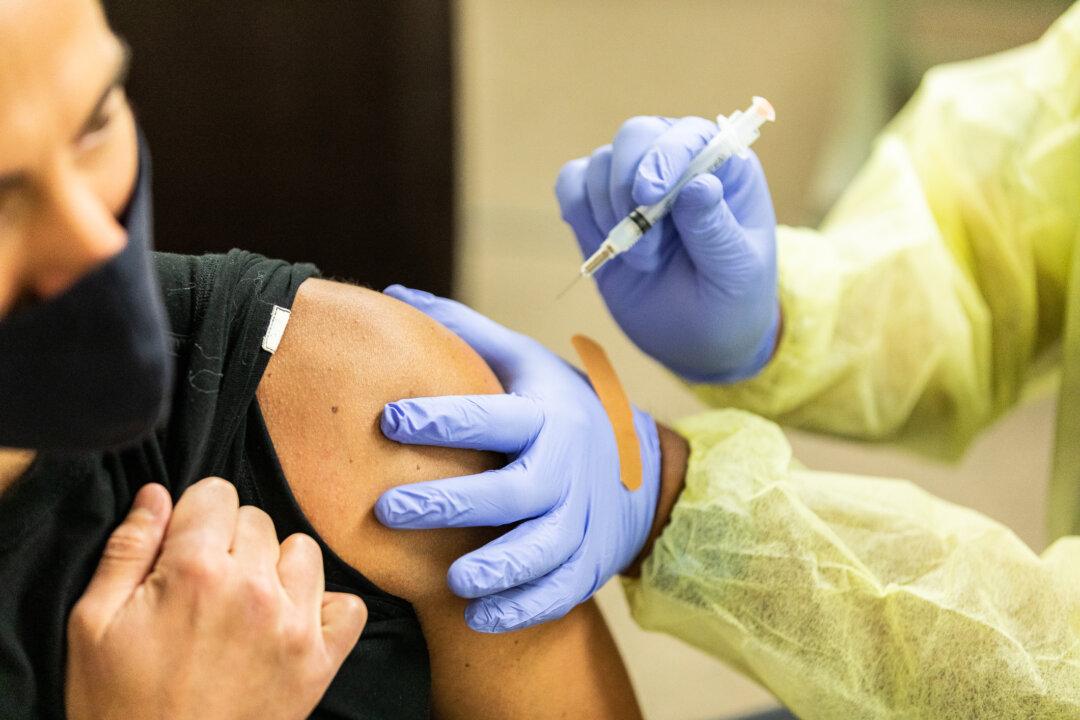The United States has become the first nation to inoculate 100 million people with at least one dose of the COVID-19 vaccine, according to updated data from the Centers for Disease Control and Prevention (CDC).
Nearly 158 million doses of the COVID-19 vaccine have been administered, while almost 58 million people are fully vaccinated, according to the CDC’s vaccine tracker.





